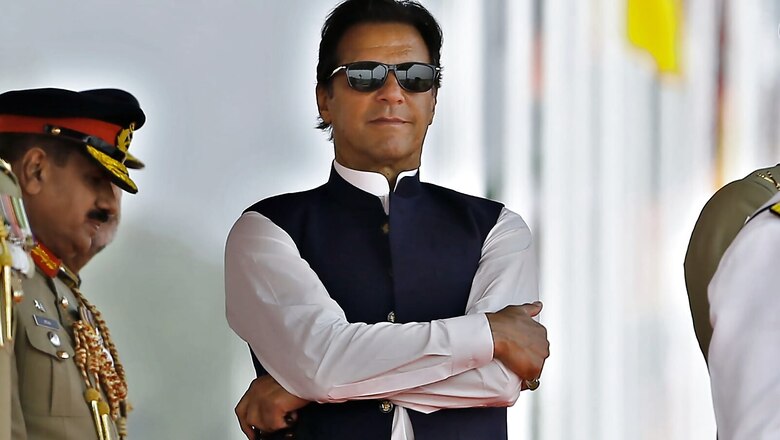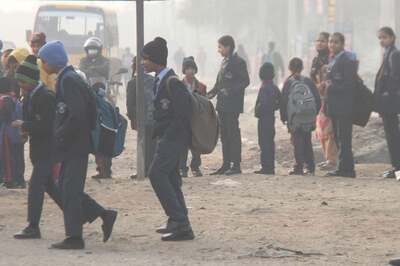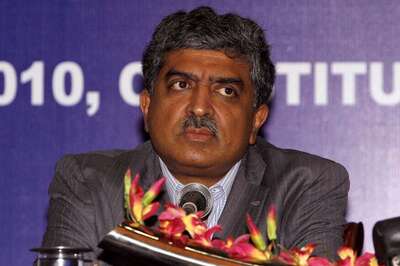
views
As action in Pakistan’s constitutional crisis swings between the courts and parliament with a trust vote against Imran Khan yet to take place, three likely scenarios emerge before India’s nuclear-armed neighbour.
From his televised speeches, Imran Khan has made it clear he won’t leave without a fight. The former cricket captain has in fact doubled down on his accusations that his opponents colluded with the United States to unseat him over his foreign policy choices, which often seemed to favour China and Russia and defied US criticism.
Comfort in Crisis?
The US State Department has denied any involvement in Pakistan’s internal politics. Still, Khan has urged his supporters to take to the streets, particularly the youth who have been the backbone of his support since he came to power in 2018. He said they needed to protest an America that wants to dictate to Pakistan to protect Pakistan’s sovereignty.
“You have to come out to protect your own future. It is you who have to protect your democracy, your sovereignty and your independence…. This is your duty,” he said. “I will not accept an imposed government.”
Khan’s options are limited and should he see a big turnout in support, he may try to use the chaos and crisis of street protests to pressure parliament to dissolve and go to early elections.
Courting Contempt
In case the no-confidence motion does not go through on Saturday as ordered by Pakistan’s Supreme Court on April 7 when it struck down the dissolution of the parliament, it would amount to contempt of court. The issue would then take a Supreme Court versus parliament shape.
Hints of this conflict can be seen in Pakistan Tehreek-i-Insaf’s review petition against the April 7 order, which says the parliament isn’t answerable in the exercise of its powers to the judiciary.
Seeking a recall of the order and a stay on the trust vote till then, the petition says, “The Apex Court has erred to appreciate the mandate of the Constitution which ensures that the Parliament as well as the members/officers thereof, the President as well as the Prime Minister are not answerable in exercise of their discretionary powers and functions before any Court nor their discharge of constitutional obligations can be called into question before any court under the Constitution.”
The entire jurisdiction exercised by the Honourable Bench of the Apex Court is in violation of Article 175 of the Constitution, the review petition says.
Military Intervention
In case the transition of power from Imran Khan to his successor — speculated to be Shahbaz Sharif, brother of deposed PM Nawaz Sharif — is not smooth, the courts may direct the country’s powerful military to intervene to maintain law and order.
The opposition and some analysts say Khan has fallen out with the military, a charge he and the military deny. The army has ruled Pakistan for half its 75-year post-colonial history, and no prime minister has completed their full five-year term.
The military has stepped in to remove civilian governments and take over on three occasions since Pakistan’s independence in 1947, citing the need to end political uncertainty.
Read the Latest News and Breaking News here




















Comments
0 comment